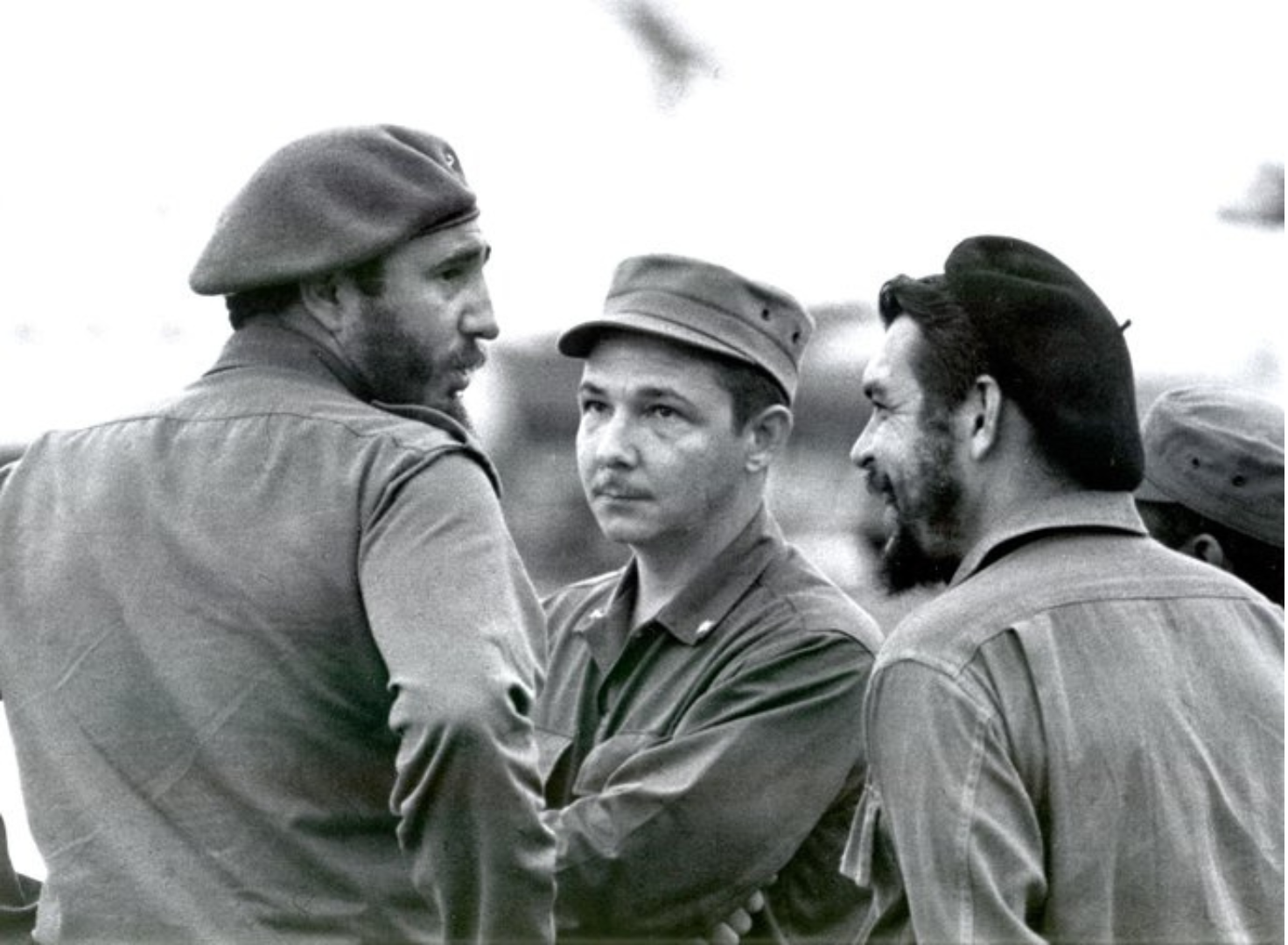
An editorial from Granma, official organ of the Communist Party of Cuba (PCC), reflects on the role of the party itself throughout the Cuban Revolution. With the title “And this is the Party: the vanguard”, the text points to party activism as “an act of consecration to the ideals that the organization defends with passion, joy and responsibility”.
Although it highlights the revolutionary past that transformed the PCC into a “link with the masses” – a party that “educates the masses in the ideas of socialism and the ideas of communism” –, the editorial raises a concern: the “generational continuity” of the Cuban Revolution . “We need to talk and share achievements with our young people, as the most important people they are; to distinguish them as the managers of ongoing transformations.”
“And that is the Party: the vanguard”
What is the function of the Party? Guide. He guides at all levels, he does not govern at all levels. It creates the revolutionary consciousness of the masses, it is the link with the masses, it educates the masses in the ideas of socialism and the ideas of communism, it urges the masses to work, to strive, to defend the Revolution. It disseminates the ideas of the Revolution, supervises, controls, monitors, informs, discusses everything it has to discuss.
The Party is the expression, firstly, of the most humble sectors of our population, the working sectors, the peasant sectors, the working sectors, which is the immense majority of the nation, but must be representative of all sectors of society.
There is no contradiction between the unity of the Party and its character as a representative institution of our society, and there must be, and we try to ensure that there are, precisely, all possible alternatives and, above all, that within our Party privileges are not promoted, but the merit of each citizen.
Our Party must be the instrument for the promotion and political development of the country’s best citizens, who must have the total and unrestricted trust of the party and the people.
The moral authority of the single Party, which guarantees and represents the unity of the nation, emanates precisely from the exemplary performance of duty and compliance with constitutional postulates, as well as high ethical, political and ideological qualities, in close contact with the masses.
The development of the national economy, together with the struggle for peace, unity and ideological firmness, are the Party’s main tasks.
The Party, as the organization that brings together the revolutionary vanguard, has the honorable mission of being the worthy heir of the trust placed by the people in the founding leader of the Revolution, Commander-in-Chief Fidel Castro Ruz.
The existence of a single Party in Cuba was and will always be the focus of the enemy’s campaigns, based on the old tactic of “divide and rule”.
Unity is our main strategic weapon; she has allowed this little Island to succeed in every challenge; it supports the internationalist vocation of our people and their prowess in other lands of the world, following José Martí’s maxim that the Homeland is humanity.
People and unity, which means Party. Because the Communist Party of Cuba, which was never an electoral party, was not born from a fracture. It was born from the unity of all political forces with deeply humanist ideals.
In an authentic Revolution, victory is a learning experience. We do not march on a tried and tested route. We are challenged to constantly innovate, changing everything that needs to be changed, without giving up our most solid principles.
Generational continuity is a fundamental part of this unity. We need to talk and share achievements with our young people, as the most important people they are; to distinguish them as the managers of ongoing transformations.
We must be proud to be part of the Party’s ranks and understand militancy as an act of consecration to the ideals that the organization defends with passion, joy and responsibility.
Leaders are human beings whose mission becomes more effective when it alternates with common activities. This subject is not taught in any political school, but it connects us more directly to our society.
Source: vermelho.org.br

